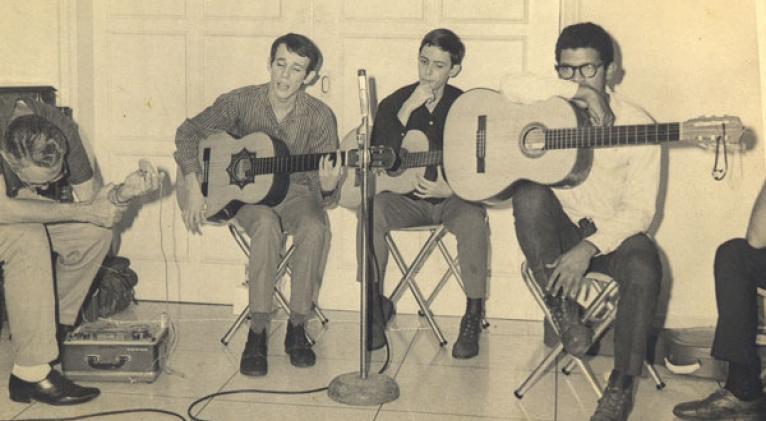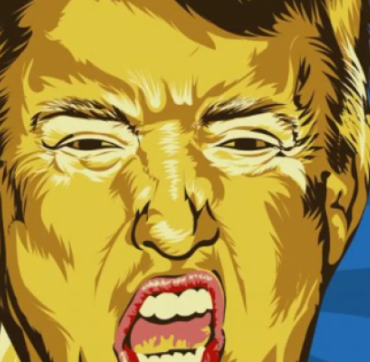CRITICAL ZONE: Trova (Song) forever
especiales

Silvio Rodríguez and Pablo Milanés. Noel Nicola, Sara González, Vicente and Santiago Feliú, and so many others. There are so many artists who have honored a key musical movement within the Cuban culture: La Nueva Trova. These poets have defended, from their very unique poetic universe, an expression where the most beautiful traditions of the Cuban song and the claims of a changing contemporaneity converge. The Cuban Revolution resulted, certainly, in a Revolution within art itself. And the song was one of the targets. Anyway, there is also old trova, new trova, and there is the very new trova…But basically, there is trova, which is an indisputable legacy of the Cuban nation.
Two dimensions must be embraced: the heritage value of the art expression, and the achievements and challenges of Cuban troubadours today. The contributions of the trova to Cuban culture impact beyond music. They are even evident in the literary sphere. And trova is also the mainstay of what many call cultural identity, idiosyncrasy.
Trova is certainly not in danger although it has lost certain socialization spaces. Although some, out of nostalgia, evoke the indisputable values of classic songs when compared to songs written at present times, considering la latter, minor. We have to be aware that there has always been good, regular and bad trova. And this is also happening right now.
Trova is not in danger right now because this art expression is associated with a sensitivity and a lyrical vocation that are permanent, transcending times, and that will always find their ways. Not to mention the social commitment of so many troubadours, who follow that thematic diversification that consolidated the nueva trova, which sang about love but also about the feat of a people.
There will be trova. There will be always someone to sings it. There will be always someone to enjoy it... but the greatest challenge lies in the spaces for socializing this creation, and its impact on people, where certain regression is tangible. There is institutional support for the trova, but it would be worth reflecting on the way in which this is inserted into the new musical scene, which, by the way, cannot turn its back on the much-vilified market.
That has to be a collective effort. The trova does not need to be rescued. We have it here! But it does need supports. And we are not just talking about resources, because the quality of an artistic expression depends, first and foremost, on the talent and ability of those who perform it.
A version of this comment was broadcasted on the Cultural Newscast of the Cuban Television
Translated by Sergio A. Paneque Díaz / CubaSí Translation Staff














Add new comment